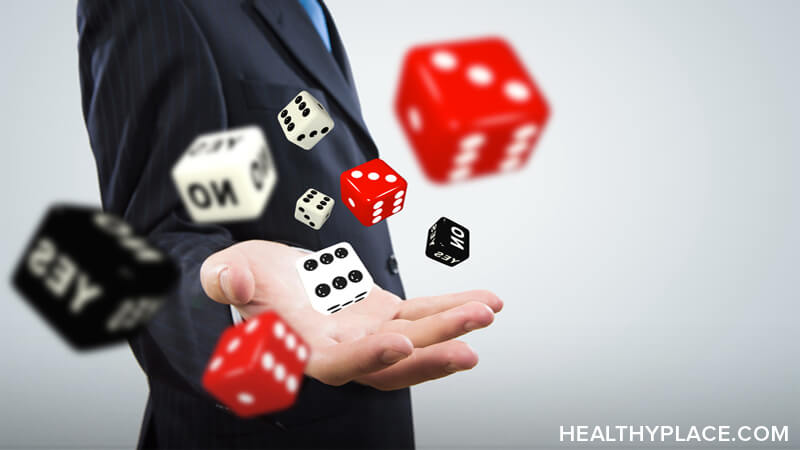Treatment for Internet Addiction

Treatment for Internet addiction is similar to treating any other addiction. Internet addiction treatment involves therapy and support groups.
Since Internet addiction disorder is a relatively new phenomenon, there is little research on the effectiveness of treatment procedures.
Internet Addiction Treatment: Therapy
Treatment for Internet addiction includes a variety of inventions with a primary focus on cognitive-behavioral and interpersonal psychotherapy techniques to moderate Internet usage and to address underlying psychosocial issues that often co-existent with this addiction (e.g., social phobia, mood disorders, marital dissatisfaction, job burnout, childhood sexual abuse). Internet addiction therapy should utilize time management techniques that help the client structure and regulate internet sessions and strategies that help clients develop alternative activities that take them away from the computer (e.g., more time with family, engage in hobbies, or exercise programs).
Internet addicts typically suffer interpersonal difficulties such as introversion or have limited social support systems in place, which is, in part, why they turn to virtual relationships as a substitute for the lack of real-life social connection. In other cases, due to their addiction, they have lost significant real-life relationships such as a spouse, a parent, or a close friend.
Interpersonal therapy can help with that. It is a brief form of treatment that focuses on improving interpersonal functioning. Specific interventions include encouragement of affect, communication analysis, modeling, and role-playing to establish new ways of interacting that address role transitions and interpersonal deficits.
Internet Addiction Help Includes Support Groups, Couples Therapy
Help for Internet addiction may include the use of twelve-step groups. As part of a comprehensive Internet addiction treatment program, these support groups should also be applied to assist clients in finding adequate support and sponsorship that enable recovery.
Finally, couples counseling may be an essential part of recovery among Internet-addicted clients whose marital and familial relationships have been disrupted and negatively influenced by Internet addiction.
Ed. Note: Internet addiction disorder is not listed in the mental health professional's handbook, the Diagnostic and Statistical Manual of Mental Disorders (DSM IV).
About the author: Dr. Kimberly Young is a clinical psychologist and Executive Director of the Center for On-Line Addiction, the first behavioral healthcare firm (since 1995) specializing in Internet-related conditions. She has written many scholarly articles and books on the subject of Internet addiction.
APA Reference
Tracy, N.
(2021, December 15). Treatment for Internet Addiction, HealthyPlace. Retrieved
on 2025, May 23 from https://www.healthyplace.com/addictions/internet-addiction/treatment-for-internet-addiction
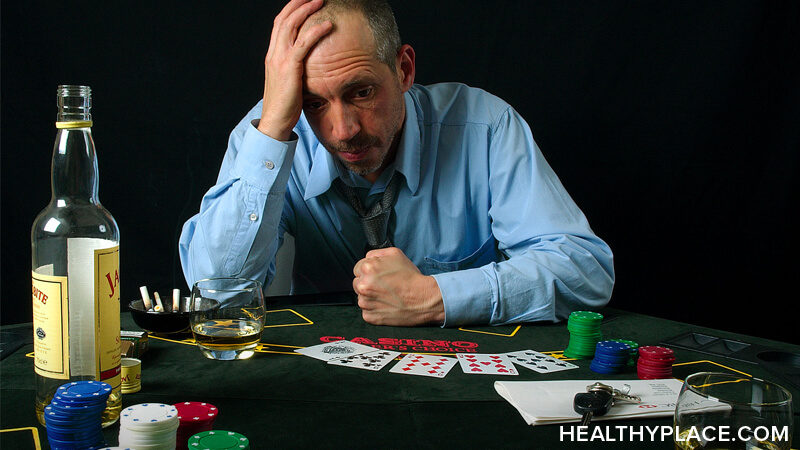
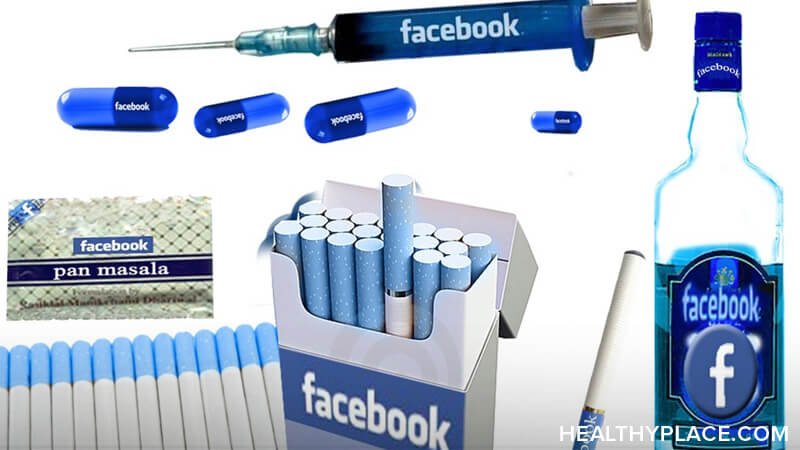
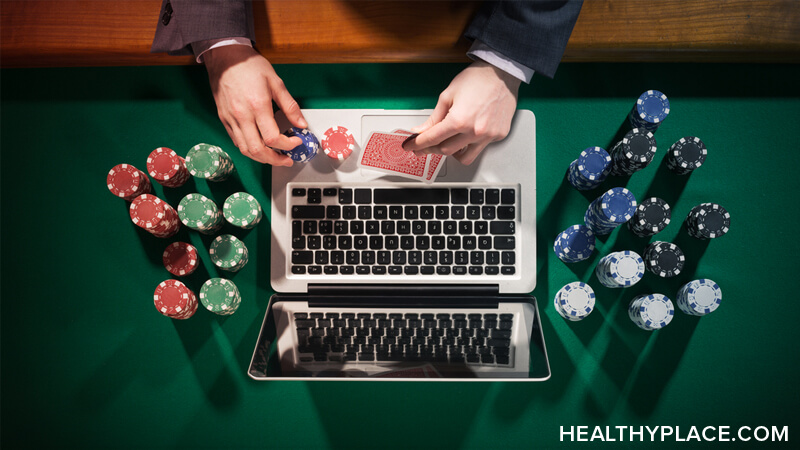
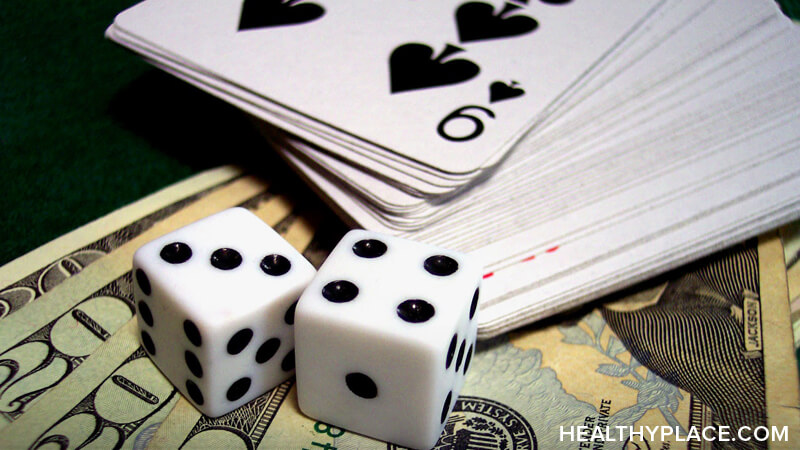

 It's hard to resist food cravings. Learn how to curb food cravings, stop food craving using these simple, but effective techniques.
It's hard to resist food cravings. Learn how to curb food cravings, stop food craving using these simple, but effective techniques. 

